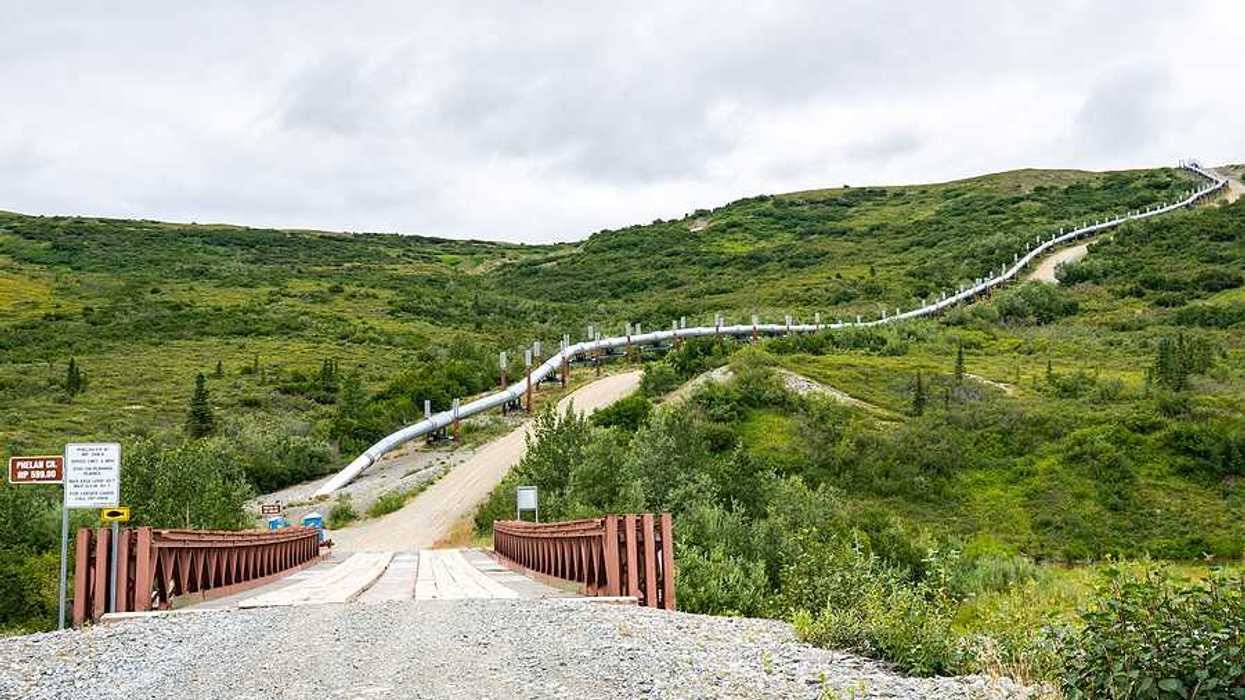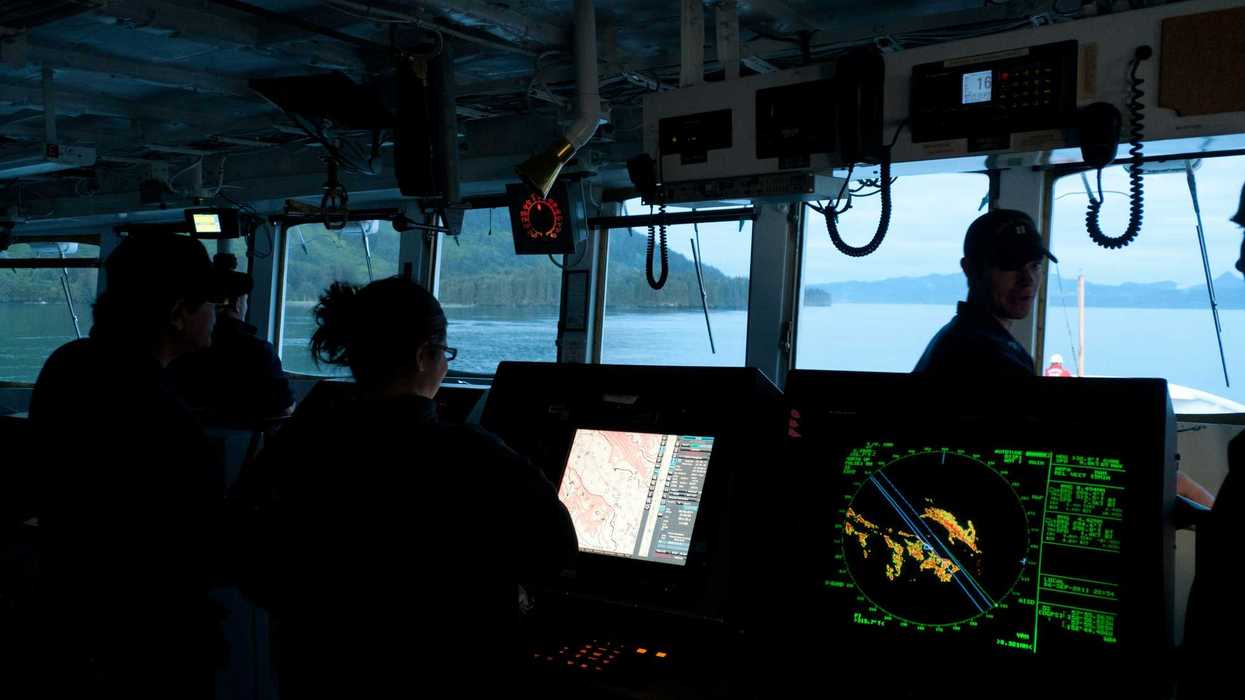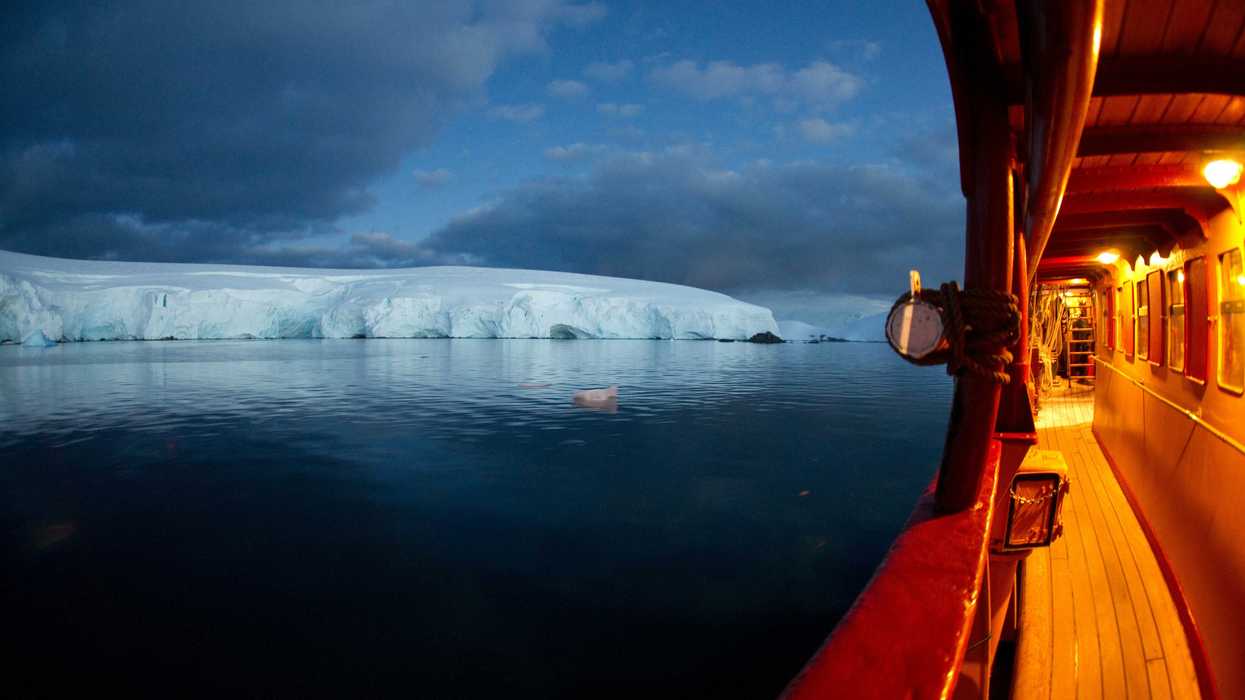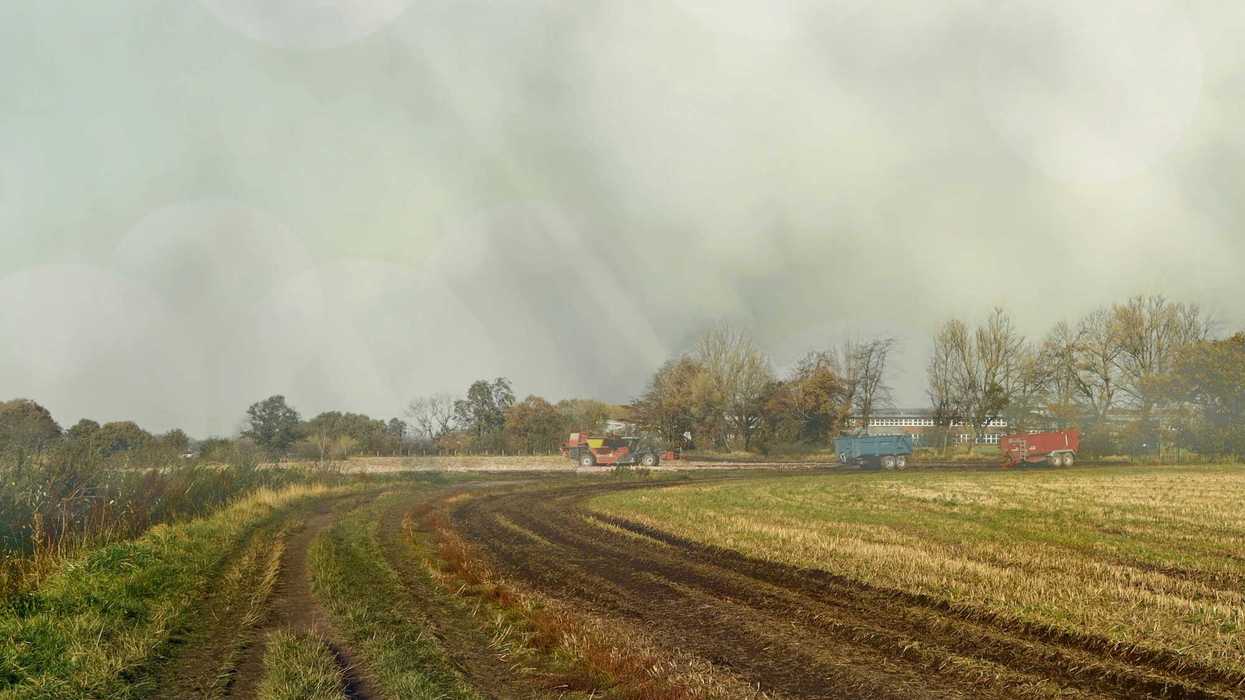The closure of the Cobre Panamá mine, due to a legal ruling, leaves 130,000 tonnes of toxic copper concentrate posing environmental threats while stalling Panama’s economic growth.
Jane Chambers reports for BBC News.
In short:
- The Cobre Panamá mine, one of the world's largest, was closed last December following a Supreme Court decision that invalidated a 20-year concession, leaving partially processed copper ore onsite.
- Environmental and health concerns arise from the toxic material, which releases dangerous gases and dust, endangering workers and aquatic life.
- Economic repercussions include significant job losses and a downgrade of Panama’s investment-grade credit rating, highlighting tensions between economic and environmental priorities.
Key quote:
"The chemical reactions that generate dangerous gases, and a rise in the material’s temperatures, pose environmental risks."
— Zorel Morales, head of Panama’s Chamber of Mining
Why this matters:
The mine's closure represents a significant environmental risk and economic challenge for Panama. Balancing ecological preservation with economic stability remains a contentious issue, impacting local communities and international investment.














